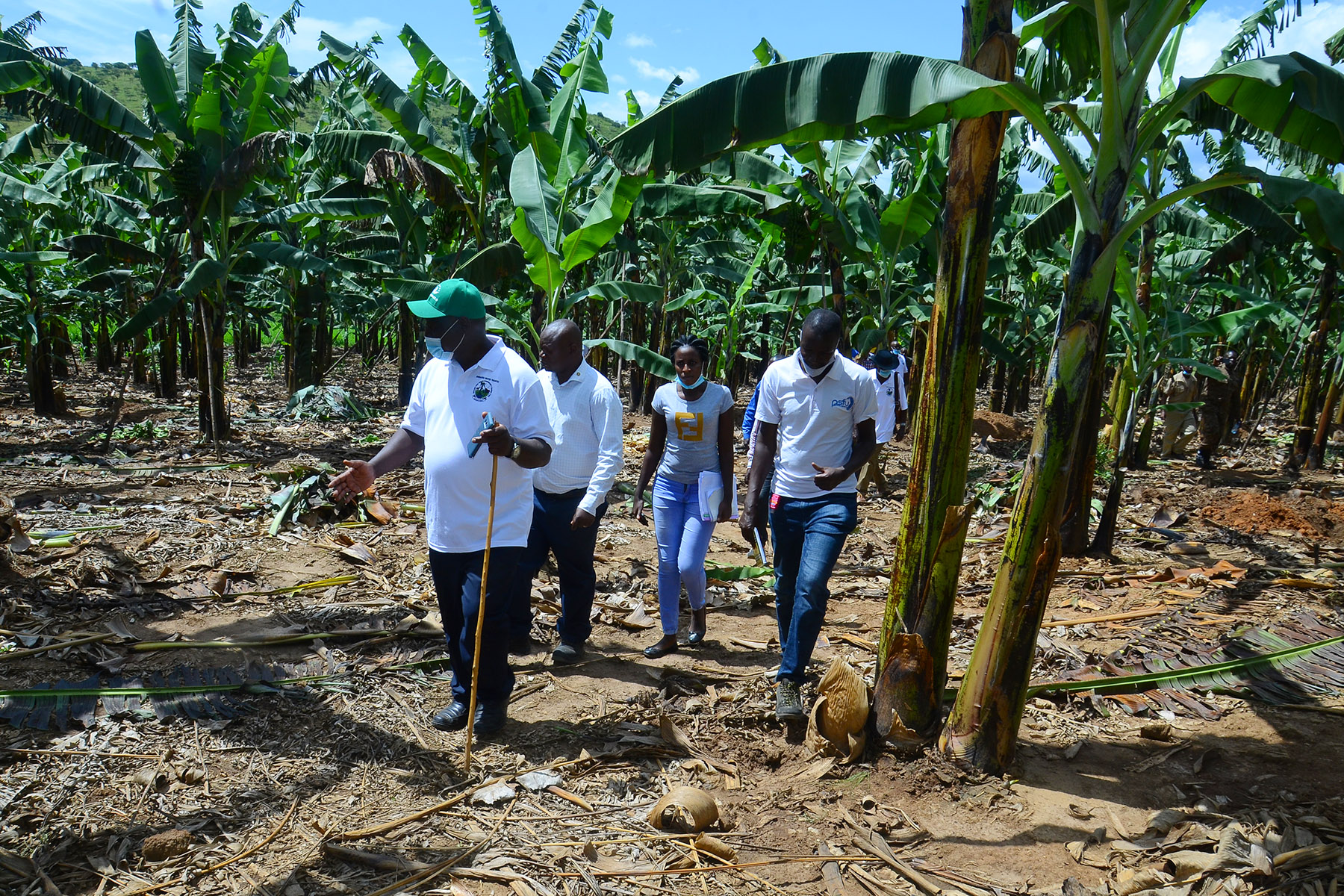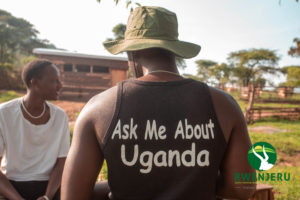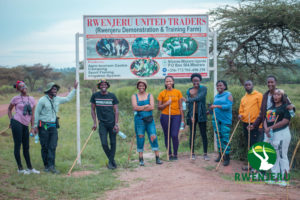In 2015, the United Nations launched the Agenda for Sustainable Development to end poverty and set the world on a path of zero hunger, good-health and well-being, clean water and sanitation, partnerships for the goals and opportunity for all on a healthy planet. According to The Sustainable Development Goals Report 2020 by the UN, achieving this agenda (the 17 SGDs) will demand nothing short of the transformation of the financial, economic, political and social systems that govern our world today. They will require deliberate actions and ambitious action across all communities.
Now, due to COVID-19, an unprecedented health, economic and social crisis is threatening lives and livelihoods, disrupting the path towards achieving the goals. The livelihood of half the global workforce has been severely affected. More than 1.6 billion students are out of school, and tens of millions of people are being pushed back into extreme poverty and hunger, erasing the modest progress made in recent years.
Just as most rural areas in much of Sub-Saharan Africa, the pandemic has left these vulnerable communities in need of empowerment. Upraising rural communities such as Rwenjeru will be central in contributing to achieving the goals in a drive for sustainable development. Creating sustainable jobs for vulnerable groups such as the Youth, women is critical in the fight against poverty in all its forms everywhere (Goal 1).
More specifically, the UN report noted that young workers are twice more likely to be living in extreme poverty than adult workers. As a vulnerable group, special attention needs to be paid to young people to help them find or create productive work for themselves.
To achieve goal 2 to end hunger, achieve food security and improved nutrition and promote sustainable agriculture means doing things such as promoting sustainable agriculture and supporting small farmers. For the sake of the nearly 1 out of every 9 people on earth who go to bed hungry every night, the importance of community-led interventions cannot be understated. To realise the goal of everyone having access to sufficient and nutritious food all year round by 2030, Africa which is anticipated to benefit from a demographic dividend must be empowered to lift its vulnerable communities.
Rwenjeru Agro-tourism, Tourism and Demonstration works with a wide-range of partners to empower vulnerable groups with vital knowledge and skills in Agriculture to create for themselves meaningful employment.
Furthermore, investment in research and development (R&D) globally, and financing for economic infrastructure in developing countries has increased. Globally, investment in R&D has continued to grow at a brisk pace, reaching $2.2 trillion in 2017, up from $1.4 trillion in 2010 and $741 billion in 2000. Unfortunately, Sub-Saharan Africa shares the least percentage (about 1%) of this growing investment in R&D across the globe. The root causes of this gap are many – infrastructure-based, inadequate human capital and other underlying causes. To correct this gap, projects like the Rwenjeru Agro-tourism, Tourism and Demonstration that facilitate knowledge transfer, foster communities aware of the need for and support innovation in critical sectors such as Agriculture are a critical contribution to the solution.



